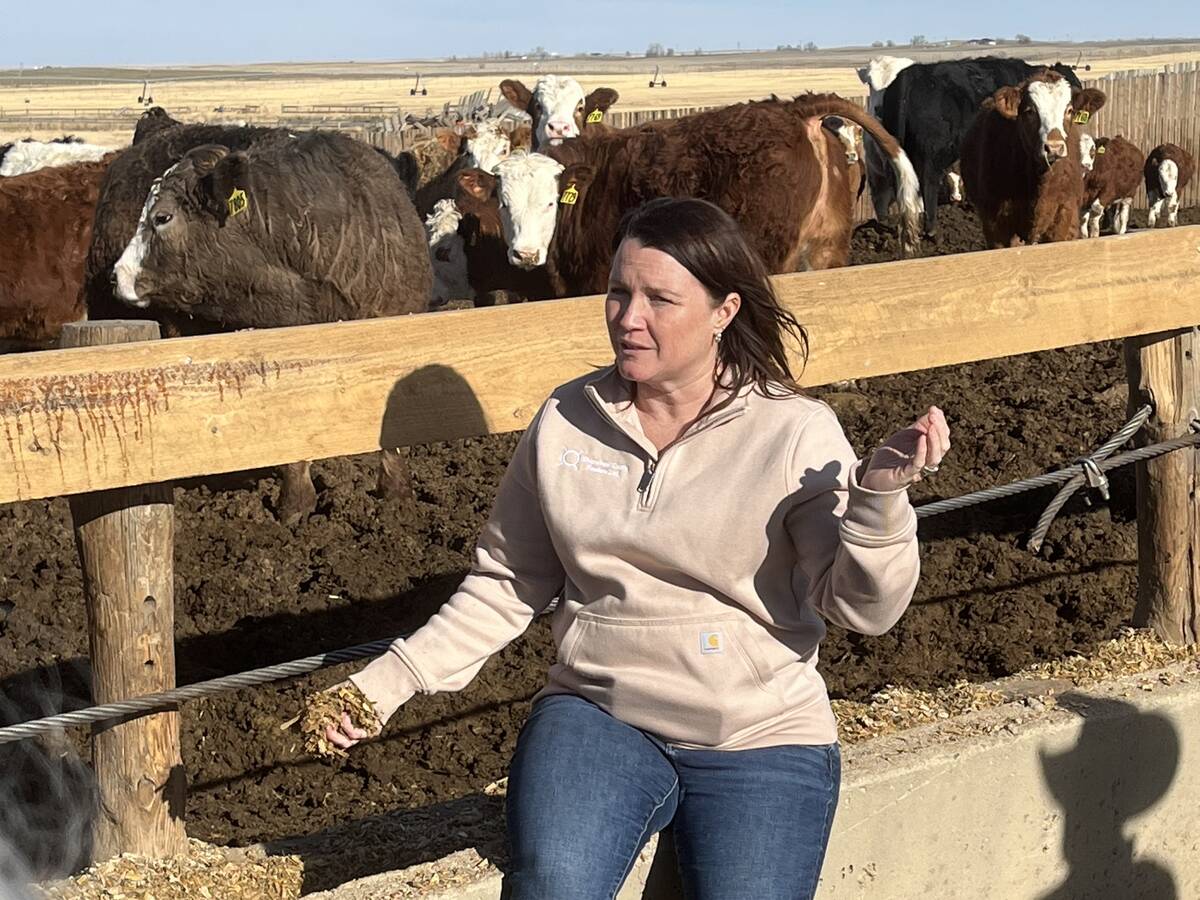A recent federal call to formalize producers’ right to repair their own equipment ignores what manufacturers are already doing to boost farmers’ capacity to do so, according to a leader in the North American equipment arena.
On Nov. 21, the federal government argued for an adjustment to the Competition Act that would prevent manufacturers from denying farmers the means for device and product repair in an “anti-competitive manner.”
The item was part of the 2023 Fall Economic Statement.
Read Also

Roots of Resilience: The 50-year evolution of Shipwheel Cattle Feeders
Alberta’s Shipwheel Cattle Feeders is one of Canada’s pioneers in holistic regenerative agricultural practices.
John Schmeiser, CEO of the North American Equipment Dealers Association, said his organization was “bewildered” by the announcement.
“There is an industry solution and we’ve always maintained that an industry solution is much better than a legislative solution,” he said.

The “industry solution” is a memorandum of understanding signed by the American Farm Bureau Federation and North American equipment manufacturers earlier this year to supply farmers with diagnostic and repair codes, manuals and product guides.
However, the memorandum does not give equipment owners the right to modify machines, said Schmeiser. He fears legislative action in Canada may grant producers that permission at the expense of safety, functioning farm equipment and even the law.
“The tools aren’t available to a customer to change the software code. A customer would not be doing the same level of testing that a manufacturer would be, to determine what the downstream ramifications are of changing that code,” he said.
“If you alter the code in one area, what does it do to other parts of the tractor?”
Manufacturers will never make that level of access available to the consumer, he added.
Concerns
One of the equipment industry’s biggest concerns is that owners will circumvent Diesel Exhaust Fluid (DEF) emissions systems. This is done using grey market “DEF delete” kits to boost horsepower on tractors and combines.
“Altering the emission system in any way on a diesel tractor is against the law in Canada. If you have wide open access to a tractor, you could be facilitating something that’s illegal right now,” Schmeiser said.
“It doesn’t make any sense that tools would be provided to help customers do something that would be illegal.”
Producers
Producer groups have a different perspective on the Nov. 21 announcement.
Grain Growers of Canada executive director Kyle Larkin said that “enabling growers to access essential tools and software for maintaining their equipment — such as tractors and combines — will foster a more equitable landscape between manufacturers and consumers.”
Larkin’s organization argued that right to repair, as suggested by the federal government, would enable producers to save time during critical points of the growing season.
Larkin added that more clarity is needed regarding what would be included under the amendment.
“The devil is going to be in the details,” he said. “Of course, we want agriculture equipment, tractors, combine, etc., to be included. It’s not precisely clear in the economic statement that it will be included.”
The right-to-repair lobby would also like to see amendments to the Copyright Act, said Larkin.
“One of the challenges that farmers have experienced is that a lot of the time manufacturers will stand behind their intellectual property and that’s what they’ll use to not offer farmers the access to tools and diagnostics information to actually repair their equipment themselves,” he said.
“They also hold back a lot of that software from independent shops.”
Larkin noted the GGC supports two private members bills (Bill C-244 and C-294) currently before the Senate. Both bills, if passed, would open the door to full right to repair in Canada.
Bill C-244, which was in its second reading as of press time, would amend the Copyright Act to allow circumvention of a technological protection measure in a computer program if the circumvention is solely for the purpose of the diagnosis, maintenance or repair of a product in which the program is embedded.
Bill C-294, also at second reading at the time of printing, would amend the Copyright Act to allow a person, in certain circumstances, to circumvent a technological protection measure to make a computer program interoperable with any device or component or with a product they manufacture.
















